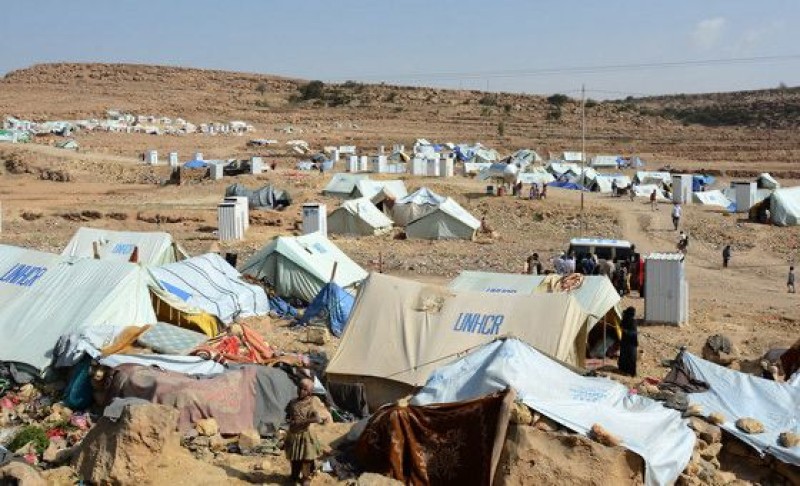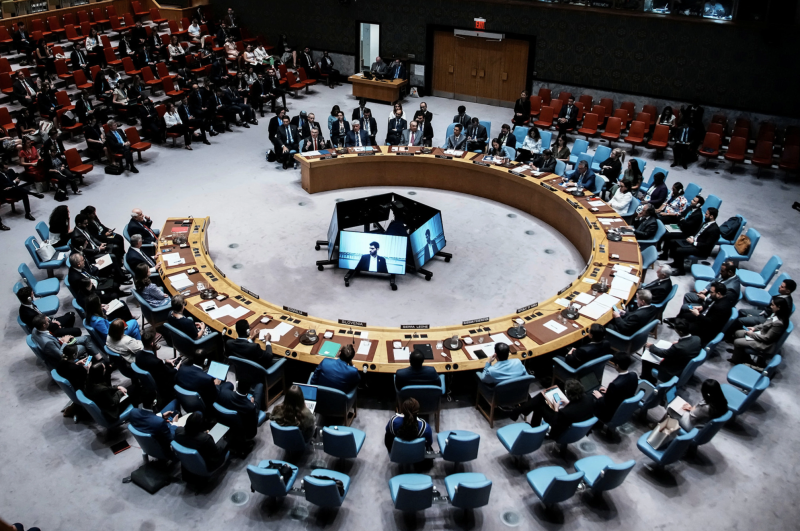The U.S. put a Yemeni warlord on a terrorist list. One of its close allies is still arming him.


Last year, the Trump administration imposed sanctions on a powerful Yemeni Islamist warlord, accusing him of being a “prominent military instructor” and fundraiser for al-Qaeda who had also at one point “served with” the Islamic State and financed its forces.
But Abu al-Abbas is not on the run. He is not even in hiding.
By his own admission, Abbas continues to receive millions of dollars in weapons and financial support for his fighters from one of Washington’s closest Middle East allies, the United Arab Emirates, undermining U.S. counterterrorism goals in Yemen.
The UAE, along with Saudi Arabia, leads a regional coalition waging war in Yemen even as a humanitarian crisis there worsens. The coalition’s main goal is to defeat the northern Yemeni rebels known as Houthis and restore the country’s ousted government. The United States assists it with intelligence gathering, logistical support and the sale of billions of dollars in weapons and equipment — including several MRAP armored vehicles that have ended up in Abbas’s hands, according to one of the warlord’s top aides and photos publicly available online.
“The coalition is still supporting me,” Abbas, 47, said in a rare interview this month in a heavily guarded house in the southern city of Aden. “If I really was a terrorist, they would have taken me in for questioning.”
To the extent that it is strengthening suspected extremists, the coalition is working against U.S. efforts to defuse global threats emanating from southern Yemen, where the Trump administration is waging a separate conflict against al-Qaeda’s Yemen affiliate and a nascent branch of the Islamic State. The al-Qaeda affiliate has targeted the United States several times, and U.S. officials consider it the terrorist network’s most dangerous arm.
“The coalition is still supporting me,” Abbas, 47, said in a rare interview this month in a heavily guarded house in the southern city of Aden. “If I really was a terrorist, they would have taken me in for questioning.”
To the extent that it is strengthening suspected extremists, the coalition is working against U.S. efforts to defuse global threats emanating from southern Yemen, where the Trump administration is waging a separate conflict against al-Qaeda’s Yemen affiliate and a nascent branch of the Islamic State. The al-Qaeda affiliate has targeted the United States several times, and U.S. officials consider it the terrorist network’s most dangerous arm.
AFP.

Sana'a – The United Nations has confirmed plans to uphold a restricted international footprint in Yemen’s capital, Sanaa, which remains…

Sana’a — The International Committee of the Red Cross (ICRC) has issued a carefully worded statement following reports that armed Houth…

Aden — The United Nations Security Council voted on Wednesday to extend the targeted sanctions regime on Yemen, along with the mandate of the…